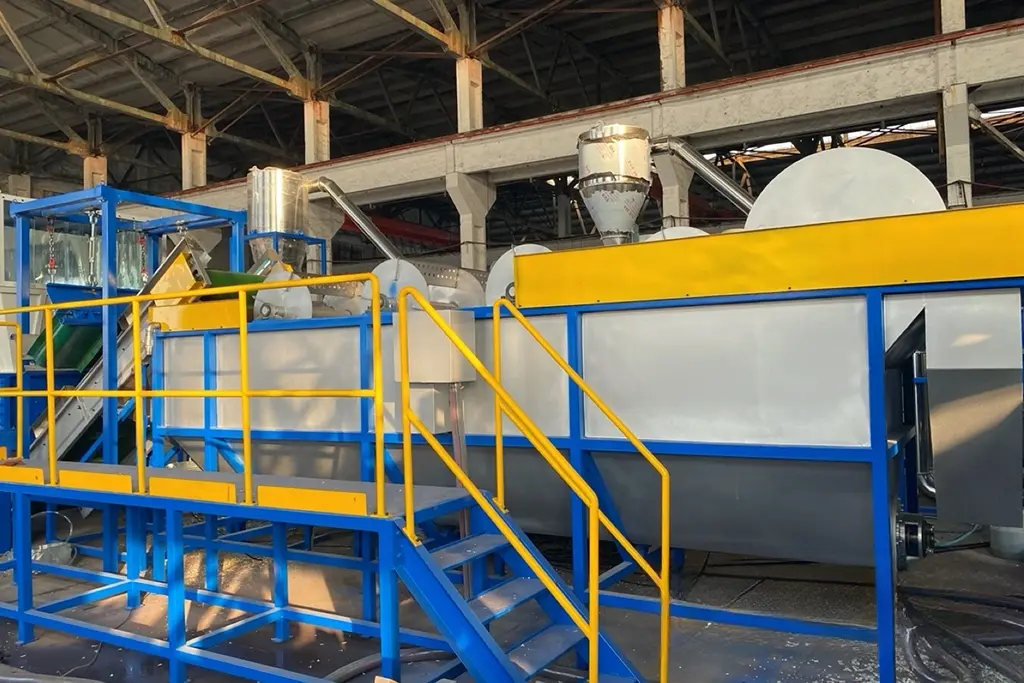Contents
Introduction
Waste plastic recycling is not just a trend but a necessity in today’s world. With the increasing amount of plastic waste generated daily, it’s crucial to understand the steps and technologies involved in recycling this material. This guide aims to shed light on the advanced methods and solutions for waste plastic recycling, offering a straightforward approach to this complex issue.
Working Principle
Step 1: Waste Plastic Classification and Collection
The first step in waste plastic recycling is the classification and collection of the material. Plastics like PVC films, PE films, and PVC cable sheathing can be collected separately due to their single variety and lack of pollutants. However, most waste plastics are mixed and come with various pollutants, labels, and composite materials.
Step 2: Plastic Crushing and Sorting
Once collected, the waste plastic undergoes crushing and sorting. Various methods such as electrostatic, magnetic, and specific gravity methods are used to break and separate the plastics. This step is essential for resource recycling and saves a considerable amount of energy.
Step 3: Resource Recycling
- Fuel Oil Production: One tonne of waste plastic can produce about half a tonne of high-quality 90# fuel oil. This includes waste from food bags, beverage bottles, and plastic toys.
- Waterproof and Antifreeze Glue: Foam plastic waste can be converted into multi-purpose water-resistant adhesive liquid series products for both indoor and outdoor building decoration.
- Aromatic Compounds: Waste plastics like PE and PP can be heated to 300°C to decompose into carbohydrates, which can then be synthesised into benzene, toluene, and xylene. These aromatic compounds have a wide range of uses, including as raw materials for chemicals and pharmaceuticals.
Technical Specifications
- Crushing Methods: Electrostatic, Magnetic, Specific Gravity
- Oil Yield: 1 tonne of waste plastic produces approximately 0.5 tonnes of oil
- Temperature for Aromatic Compounds: 300°C
Note: For a detailed list of technical specifications, please refer to our webpage.
Conclusion
Waste plastic recycling is an invaluable process that not only conserves resources but also reduces environmental impact. By understanding the steps and technologies involved, we can all contribute to a more sustainable future.
INQUIRIES
To get the latest prices and lead times, send us a message using the form below.




